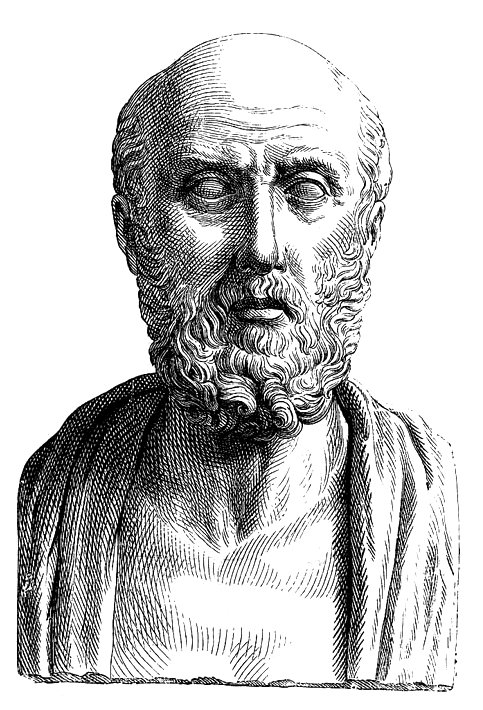Hippocrates, Father of Medicine

The Content
Work and Achievements:
Hippocrates is widely recognized for his contributions to medicine, which include establishing it as a distinct field based on empirical evidence rather than religious or mystical beliefs. He is often credited with the formulation of the Hippocratic Oath, which sets ethical standards for the medical profession, including principles like patient confidentiality, non-maleficence (do no harm), and beneficence (acting in the patient’s best interest). Hippocrates emphasized careful observation and documentation of clinical symptoms and advocated for a holistic approach to patient care, including the consideration of diet and lifestyle.
Life:
Hippocrates was born around 460 BCE on the island of Kos, Greece. He came from a family of physicians and was well-educated in medicine and philosophy. His work was revolutionary in its emphasis on rational and systematic approaches to diagnosing and treating diseases. Hippocrates traveled extensively to practice and teach medicine, significantly influencing the medical practices of his time.
Death:
Hippocrates died around 370 BCE, likely on the island of Larissa, Greece, at an advanced age for his era. The exact cause of his death is unknown, but his legacy in medicine has endured through the centuries.